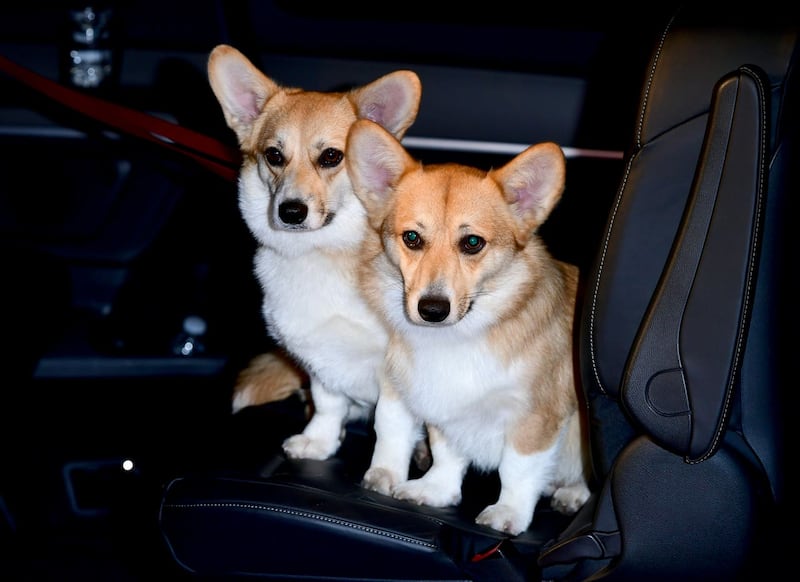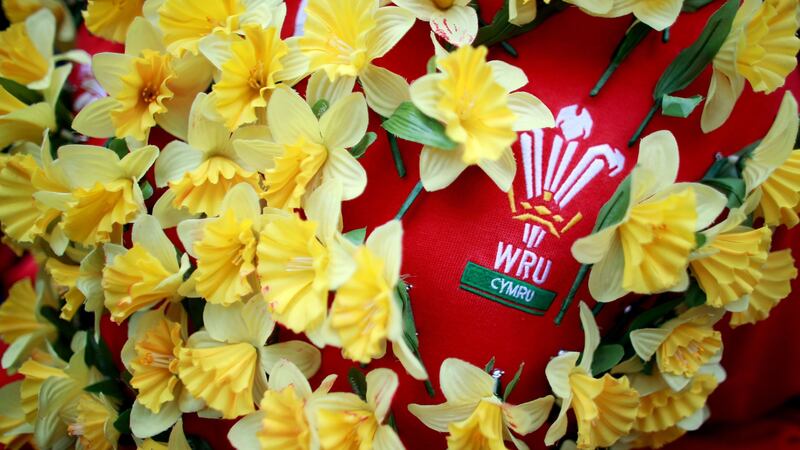St David’s Day is about celebrating all things Welsh, be it the dragon on the flag to leeks and daffodils.
But English speakers can add a bit of Welsh into their day by using a word – or two – which have crossed into common use from across the border.
Words including corgi and flannel have Welsh origins, although there’s still a debate over penguin.
The celebrations might be cut short though, there are relatively few examples of words which have entered the English language. And that fact tells us much about the history between the two nations.
“All languages borrow lexical items from other languages, but the nature and direction of the borrowing also reflects the relative political power of languages and of their speakers,” Professor Peredur Lynch, from the School of Welsh at Bangor University, told Press Association.
“In relation to Welsh and English, most of the lexical traffic has been in one direction, from English into Welsh.
“The English element in Welsh was studied in a weighty academic book back in 1923. The Welsh element in English could be dealt with in a very short academic article. Only a handful of words of Welsh origin are currently used in English.”
Here are a few of those which did make the journey and their origins.
coracle Welsh cwrwgl, a small wickerwork boat;
corgi a Welsh compound noun, cor ‘dwarf’ + ci ‘dog’;

cwm from Welsh cwm, a hollow valley enclosed at one end, eg the Western Cwm (named by George Mallory in 1921) leading to the Lohste Face of Mount Everest;
gull probably Welsh gwylan;
flannel Welsh gwlanen is a plausible origin – but there is no certainty;
cock-a-bondy, an artificial fly used for angling – from Welsh coch a bonddu, ‘red with a black trunk’)
As for penguin, the Oxford English Dictionary states that it’s probably a borrowing from Welsh, pen ‘head’ + gwyn ‘white’; however the Welsh historical dictionary, Geiriadur Prifysgol Cymrui, is less enthusiastic in this respect, says Professor Peredur Lynch.
But perhaps one of the biggest influences is when it comes to names – both of people and places.
“There are, of course, two other subconscious areas of Welsh influence upon English speakers – placenames/river names (eg Avon, from the Welsh ‘afon’) and surnames eg Vaughan, Gough, Hayling, Palin, Pailin, Trevor, Yale,” added Lynch.
Happy St David’s Day.









